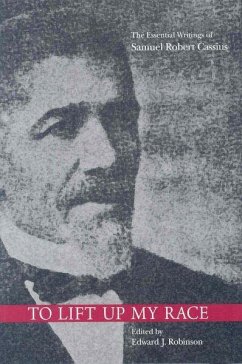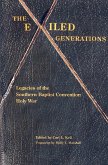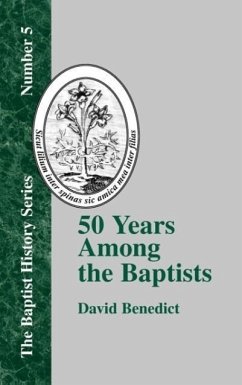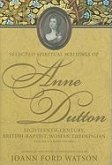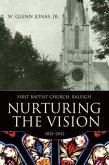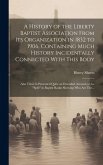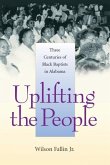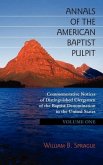Born into slavery in 1853, taught to read by his half-white, half-black mother, and attending school in Washington, D.C., during Reconstruction, Samuel Robert Cassius is a fascinating and instructive example of the first generation of freed slaves in the United States. To Lift Up My Race, a collection of writings by Cassius, gives us the man-evangelist, educator, farmer, entrepreneur, postmaster, politician, and father of twenty-three-in a significant moment in the emergence of black culture and society between Reconstruction and the Great Depression. Chronologically and thematically organized, this book contains nearly all of the extant-and all of the crucial-writings of Cassius. Consequently, we see firsthand an ex-slave from Virginia who joins the Stone-Campbell movement (Churches of Christ) in 1883 and emerges as the most influential African American leader and evangelist in that movement. He traveled throughout the United States and Canada, "planting" congregations and propagating what he called the "pure Gospel of Jesus Christ." Cassius was also a remarkably successful fundraiser, often using humor in the articles he wrote for several publications, including the Christian Leader. In addition, Cassius was the author of such pamphlets as Negro Evangelization and the Tohee Industrial School (one of the "workingmen's schools" he helped to found) and The Letter and the Spirit of the Race Problem. In 1920, he published his most important literary work, The Third Birth of a Nation, a response to D. W. Griffith's film The Birth of a Nation. The volume offers readers the vision and the voice of a black preacher and writer who endeavored to correct the racism of white America while simultaneously altering the religious beliefs and values of black America, often clashing with and sometimes alienating both. Edward J. Robinson is assistant professor of history and biblical studies at Abilene Christian University. He is the editor of A Godsend to His People: The Essential Writings and Speeches of Marshall Keeble and author of To Save My Race from Abuse: The Life of Samuel Robert Cassius.
Hinweis: Dieser Artikel kann nur an eine deutsche Lieferadresse ausgeliefert werden.
Hinweis: Dieser Artikel kann nur an eine deutsche Lieferadresse ausgeliefert werden.
